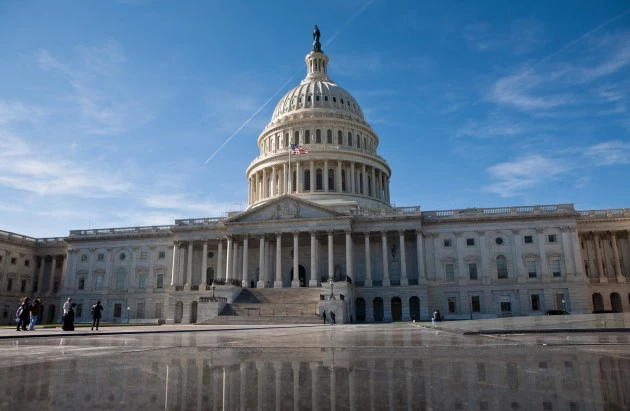
We spend much of the year celebrating a variety of medical professionals and providers in our community. We also make every effort to honor the many observances that raise awareness about the wide array of health and wellness issues that impact seniors. Although we discuss all things senior, there has always been and will always be a focus on wellness. November is National Home Care Month and we want to pause for a moment and honor the clinicians, aides, and other professionals who work so diligently in that arena.
I recently interviewed a guest who reported that research suggests that 89% of all seniors want to continue to live and eventually die at home. "Yes, and the other 11% misread the question," I responded. We all know that there's no place like home. There's no place like home...There's no place like home. Seniors prefer to be at home because it is more cost-effective and way more comfortable. It's home.
So what can be said for the nurses and therapists who choose to serve seniors at home? They have to be more experienced, resourceful and self- reliant than most. Home care clinicians service the elderly struggling with multiple chronic and/or life-threatening conditions. Their work helps to alleviate unnecessary burdens on our hospital systems and avoid nursing home stays whenever possible. They are more likely to have to deal with emergency situations alone which means they need to be able to draw on their own experience and knowledge without the support of the doctor or nurse down the hall. Then there are daily frustrations like traffic patterns, inclement weather, appointment cancellations and the unique challenges of providing care at home. When was the last time a hospital nurse was asked to feed the dog on the way out? The challenges of home care clinicians are among the most difficult in the industry. Hats off to the dedicated and diligent professionals who work to help seniors stay at home.
To learn more about home care in Ohio, visit The Ohio Council for Home Care and Hospice website or the Ohio Home Care Program website and follow the consumer links. To learn more about the agency that sponsors Senior Agenda , visit Freedomhomehealth.com.






